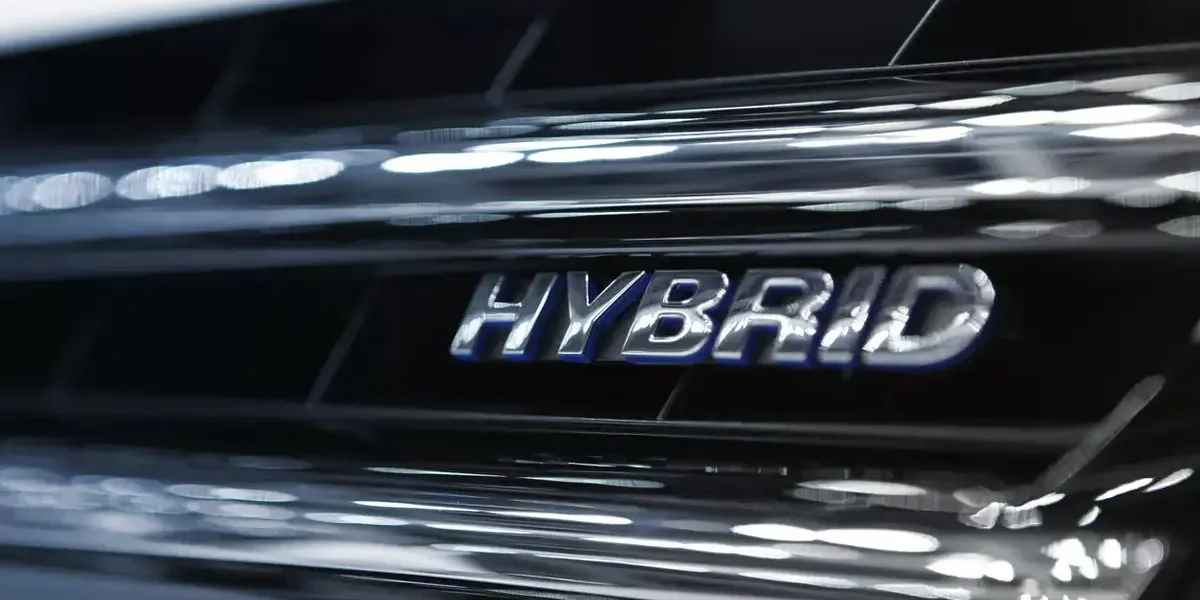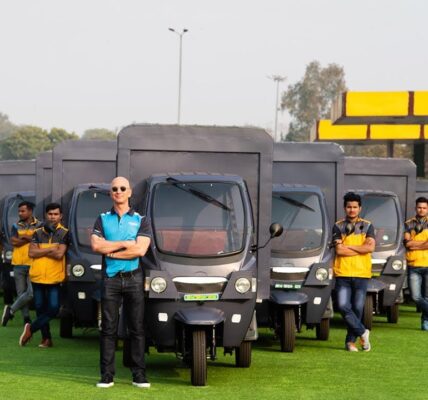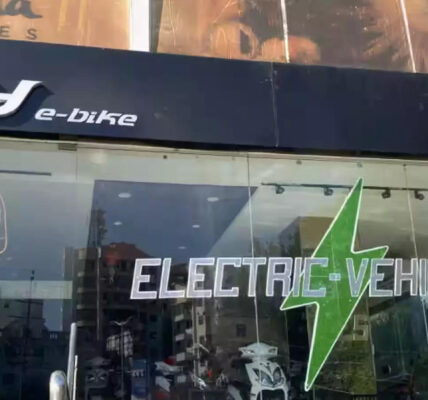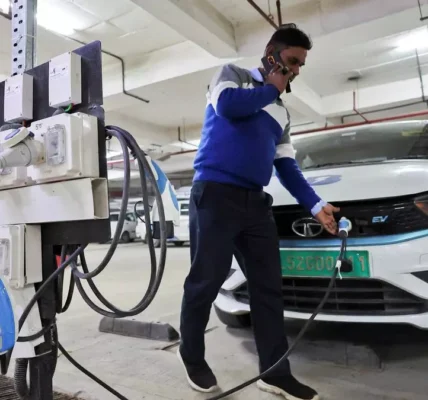According to a report by HSBC Global Research, hybrid vehicles complement the growth of electric vehicle (EV) sales in India rather than compete with them. The report states that the Indian automotive industry will remain a multi-powertrain sector over the medium to long term, with hybrids, CNG, and biofuels serving as practical solutions. At the same time, the country transitions to full electrification. HSBC notes that strong hybrid electric vehicles (SHEVs) and battery electric vehicles (BEVs) attract different customer sets and do not cannibalise each other. In states offering SHEV incentives, BEV sales have also shown strong growth. For example, in FY25, EV and SHEV sales grew similarly in Uttar Pradesh, India’s largest PV-selling state, suggesting that SHEV adoption positively impacts BEV sales. The report asserts that promoting SHEVs does not hinder EV adoption but contributes to the broader clean mobility ecosystem, benefiting overall market growth. EV penetration has improved with new model launches, with four-wheeler EV penetration rising from 1.9% in H1 FY25 to 3.2% in Q1 FY26, driven by models like the MG Windsor and M&M BEVs. Customers are more willing to buy EVs if the value proposition is right, as seen with MG Windsor’s battery leasing solutions and M&M’s large battery addressing range anxiety.
The SHEV share in total passenger vehicles (PV) increased to 2.4% in FY25 from 2.1% in FY24. SHEVs, launched by MSIL and Toyota Kirloskar in September 2022, gained market share from diesel variants during FY23 and FY24 but stabilised in FY25. Despite incentives offered by multiple states, new model launches, and government incentives are expected to drive hybrid penetration growth in the near term.

EV Update Media – Electric Vehicles and Battery Industry News & Updates
A platform specially designed and developed to keep the industry updated with the right Knowledge, News and Information about developments happening in the Electric Vehicles & Battery sector






